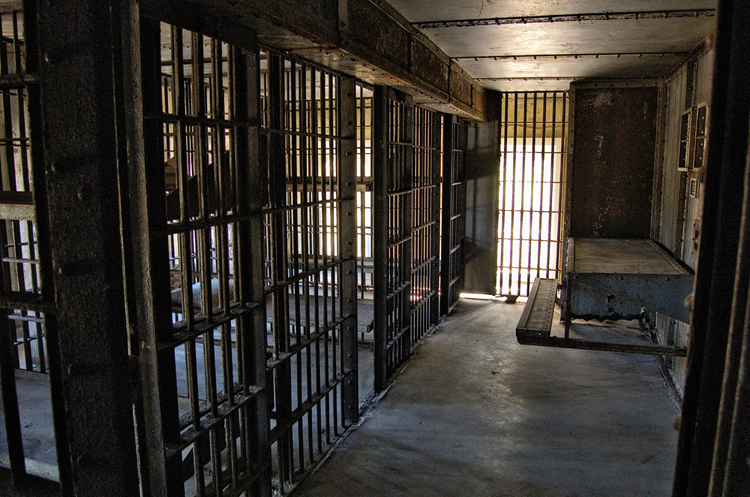Ethics
Lawyer is disbarred after trying to run his law practice from jail

Image from Shutterstock.
The Oklahoma Supreme Court has disbarred a lawyer who continued practicing law from jail after his conviction for shooting and injuring a man outside an Oklahoma City nightclub.
The state supreme court disbarred lawyer Jay Silvernail after rejecting a recommendation for a suspension of two years and one day.
The silvernail-shot-ryan-dejesus-outsi.html”>Legal Profession Blog has highlights from the June 28 opinion.
Silvernail had tried to continue his law practice while he was in the county jail awaiting sentencing for the May 2016 shooting of Ryan Dejesus, who lost most of his right leg as a result of the gunshot wound.
Silvernail “was more interested in cash flow than client care,” the state supreme court said. And his decision to bring a loaded gun into a verbal dispute with Dejesus “gives us grave concerns about his fitness to practice law,” the Oklahoma Supreme Court added.
Silvernail was convicted of assault and battery with a deadly weapon in October 2019 for shooting Dejesus, the Oklahoman reported at the time. Silvernail was sentenced to two and a half years in prison, according to another story by the Oklahoman.
Jurors had rejected Silvernail’s claim of self-defense. He said he tried to intervene to stop Dejesus from leaving the bar with a woman who wasn’t sober enough to make an informed decision. Silvernail feared that the woman could be sexually assaulted. When Dejesus pushed Silvernail to the ground, Silvernail fired his gun.
Silvernail said he fired because he feared that Dejesus was going to “take me out.”
The state supreme court said Silvernail had “resorted to deadly force in circumstances that did not justify such a response” and then “placed his own financial interests above the interests of his clients by trying to keep his practice on life support while he awaited sentencing.”
Silvernail was aware that he could be taken into custody as early as June 2016, when the criminal charges were filed.
“And yet, for more than three years, Silvernail apparently took no steps to prepare for that contingency,” the state supreme court said.
Silvernail thought that as long as he could find lawyers to stand in for him at hearings, “he could operate his practice vicariously, as a sort of general manager,” the Oklahoma Supreme Court said. But it was not a good idea.
“The obstacles to effective representation from a jail cell should be obvious,” the state supreme court said. “As an inmate, Silvernail was unable to confer with clients confidentially. He was unable to communicate freely with prosecutors or other opposing counsel about his clients’ cases. He was obviously unable to appear in court on his clients’ behalf. His ability to access legal resources, a computer or even his own clients’ files was hampered, to say the least. Finally, practicing law from a jail cell arguably gives the appearance of impropriety. These conditions would have prompted a reasonable attorney to take a different tack.”
The state supreme court said Silverman gave “new meaning to the term ‘jailhouse lawyer.’”


